
S2 Ep11. 勉強のコツ
Mô tả
Full transcript: https://japanesemayuna.com/
はい、こんにちは。今回はポッドキャストのシーズン2の11回目です。現在は大学で、社会教育経営について学んでいます。大学の教科書が増えてきて、本棚のスペースが足りなくなってきました。教科書は紙の本より電子書籍がいいです。だけど本屋に行くのは好きです。
Hello, this is episode 11 of season 2 of my podcast. I am currently studying Social Education Management at university. The number of university textbooks is increasing and I am running out of space on my bookshelves. I prefer e-books to paper books for textbooks. But I like going to bookshops.
最近日本語の授業で、お寺と神社に行くときのマナーについて質問がありました。イスラム教のモスクに入る時は、薄着ではいけません。「薄着」とは、あまり服を着ていない状態のことです。たとえば、夏の服装です。たくさん服を着ている状態は、「厚着」と言います。日本では宗教に入っていない人の割合が60%以上なので、宗教に関するルールはあまり厳しくありません。お寺で祈る時は、胸の前で手を合わせたまま、お辞儀を1回します。神社では、お辞儀を2回して、そのあと2回手を叩いて、最後にもう一度お辞儀をします。お寺で祈る時は、手を叩いてはいけません。
In a recent Japanese class, there was a question about etiquette when visiting temples and shrines. When entering a Muslim mosque, you must not wear usugi. 'Usugi' (light clothing) means not wearing much clothing. For example, summer clothing. Wearing a lot of clothes is called 'atsugi' (heavy clothing). In Japan, more than 60% of people are not religious, so the rules regarding religion are not very strict. When praying at a temple, you bow once, keeping your hands clasped in front of your chest. At shrines, you bow twice, then clap your hands twice and bow again at the end. When praying at a temple, you must not clap your hands.
私はときどき、italkiのニュースレターの記事を書いています。これは日本語を勉強している人向けの記事ではなくて、日本語を教えている先生向けの記事です。授業を効果的に行う方法についてお話ししています。最近、勉強の仕方について考える機会がよくあります。今日の授業でも生徒さんと、どんな勉強方法が効率がいいか話し合いました。彼は同じ本を100回読むと、記憶が深くなると言っていました。面白い方法だと思いました。勉強で一番大事なのは、続けることだと思います。続けている限り、下手になることはありません。運動を続けている限り、健康でいられるのと同じです。上手になることも重要ですが、続けることに一番意味があると思います。
Kênh Podcast
Japanese Lessons with Mayuna
Tác giả
Tất cả các tập
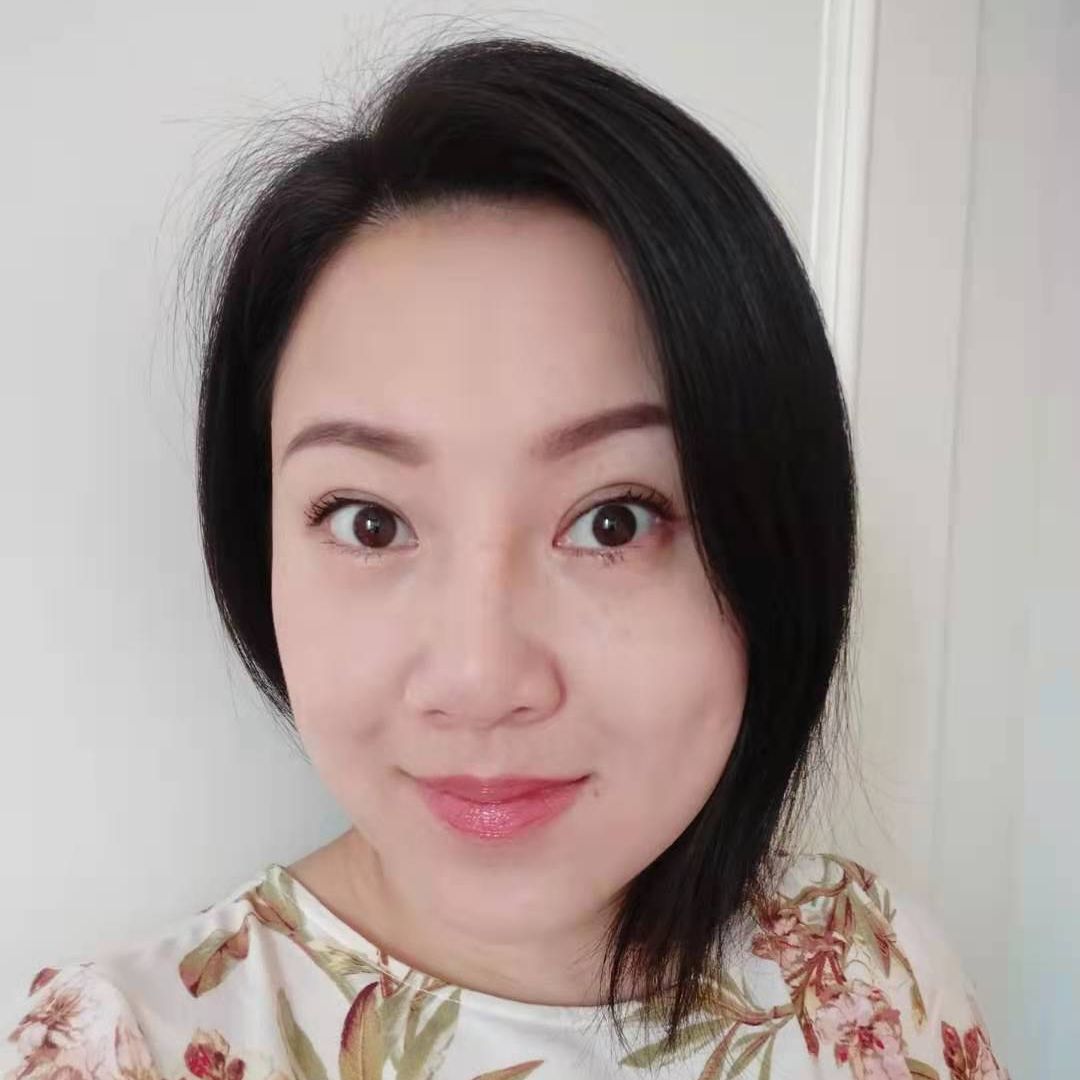
Weekly Structured Common Chinese Expressions
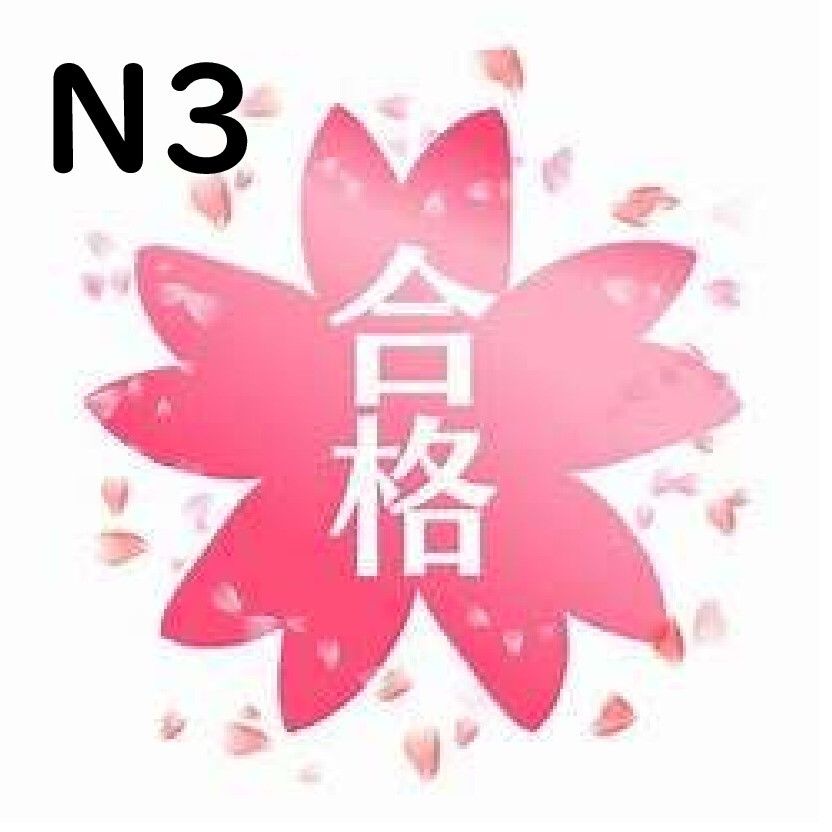
N3 語彙 第3週3日目

My Favorite Stuff
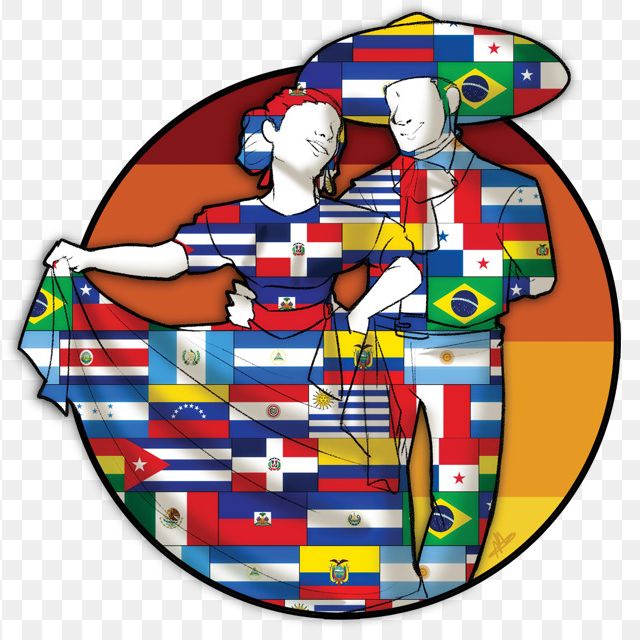
LA CULTURA MEXICANA.
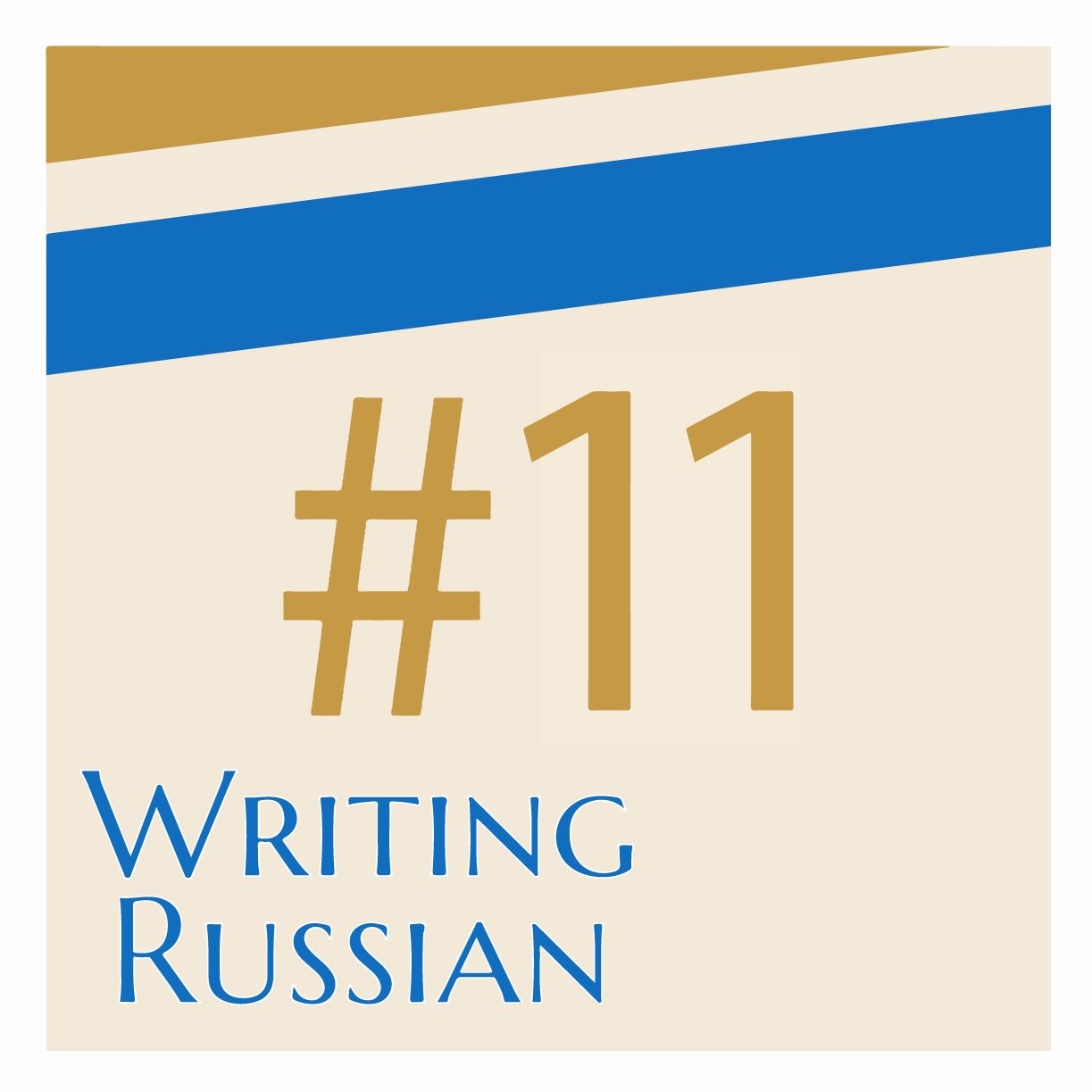
Отрывок из романа Булгакова “Мастер и Маргарита” (диктант)

Vertical Farming (Advanced English)

#2. Почему кошки такие странные? Why are cats so weird?
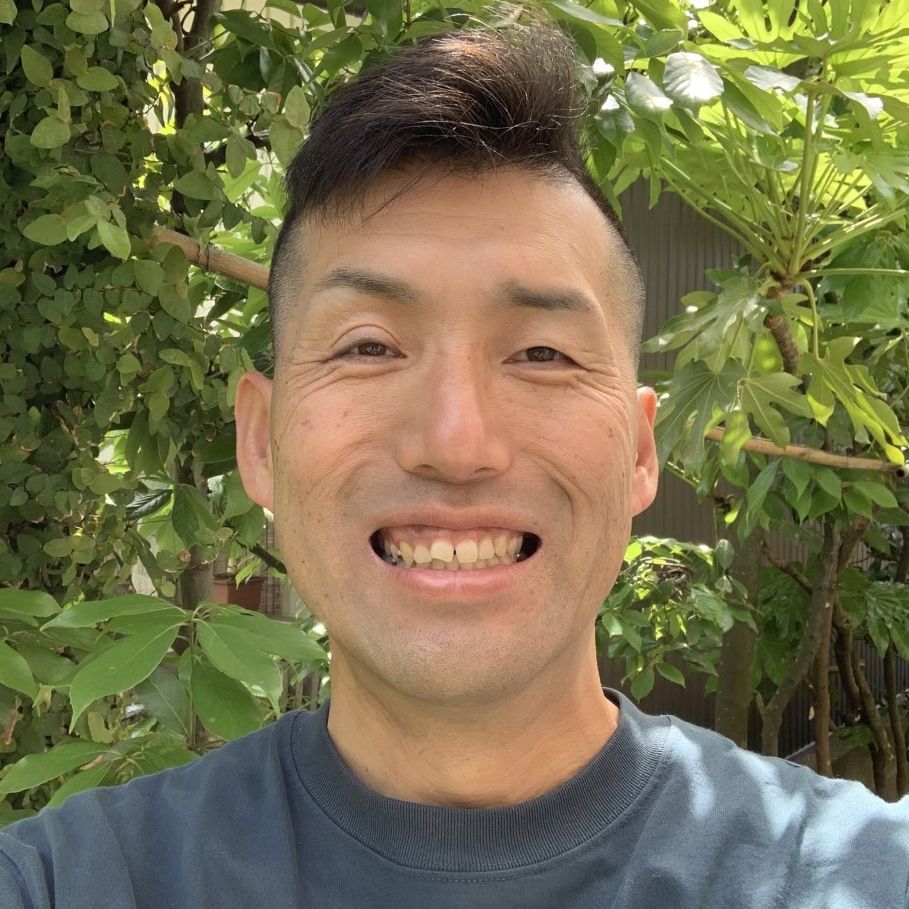
#5 ビール”でも”飲みませんか。 みんなの日本語21課
Các tập phổ biến

Rachel's Weekly Chinese Podcast
Weekly Structured Common Chinese Expressions

N3合格
N3 語彙 第3週3日目

New English US
My Favorite Stuff

Spanish México
LA CULTURA MEXICANA.

Writing Russian
Отрывок из романа Булгакова “Мастер и Маргарита” (диктант)

New English US
Vertical Farming (Advanced English)

Lera teaches Russian
#2. Почему кошки такие странные? Why are cats so weird?

ようへい先生 N4~N3 レベルの生徒(せいと)へ (^^♪
#5 ビール”でも”飲みませんか。 みんなの日本語21課